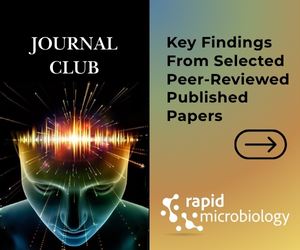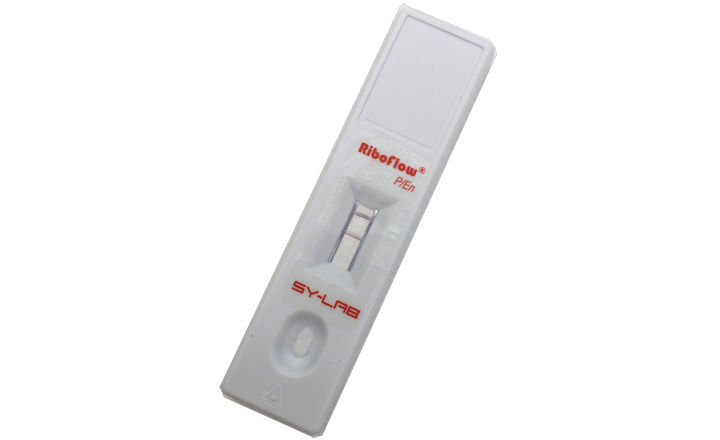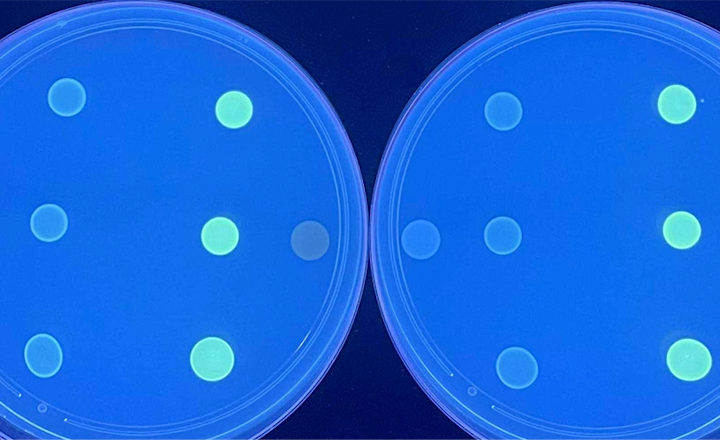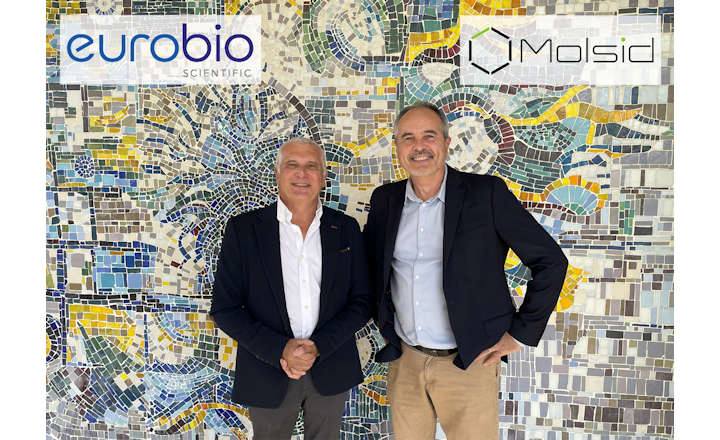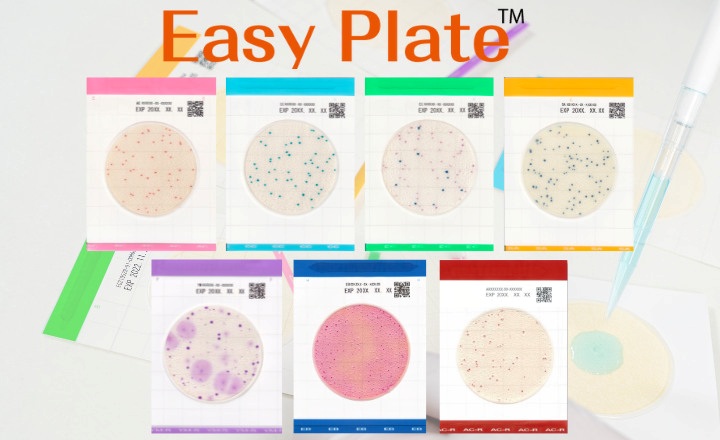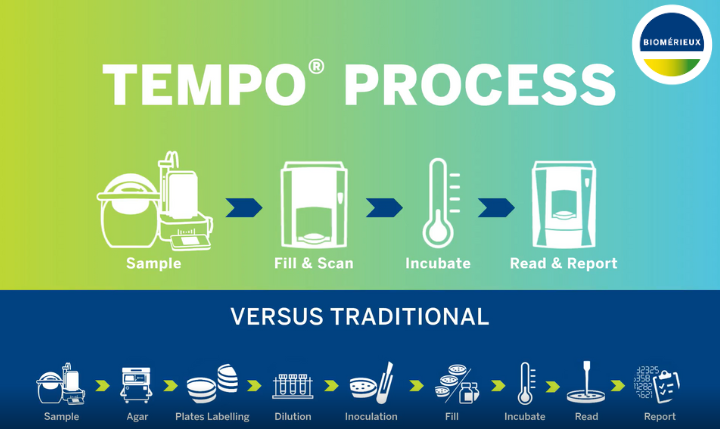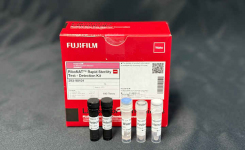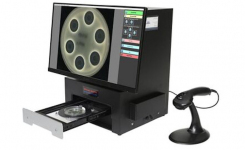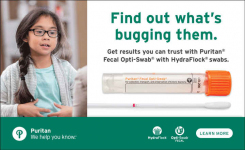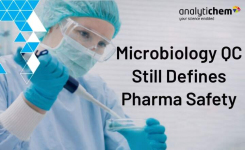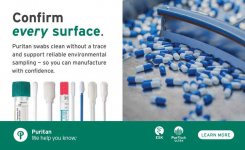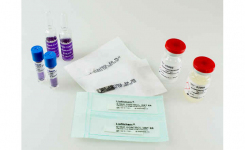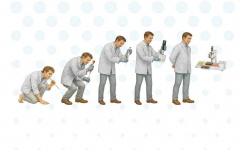OpGen's QuickFISH Rapid Pathogen ID Test Demonstrates Clinical Utility and Cost Effectiveness in Community Hospital’s Antimicrobial Stewardship ProgramPublished study documents annual savings at Winter Haven Hospital of more than $760,000 from use of the OpGen test, which resulted in a 30% reduction in patient length of stay and a 65% reduction in vancomycin use
The American Journal of Clinical Pathology has published a study on the benefits of using Opgen’s rapid Staphylococcus QuickFISH test at Winter Haven Hospital in Winter Haven, Fla.
The study, entitled “The Impact of Implementation of Rapid QuickFISH Testing for Detection of Coagulase-Negative Staphylococci at a Community-Based Hospital”, demonstrated that when incorporating QuickFISH testing for Staphylococcus into its Antimicrobial Stewardship (AMS) program, the hospital calculated significant annual savings ($764,316) through a 30% reduction in length of stay.
The hospital achieved this through use of the test as part of its AMS program that helped it to rapidly differentiate between Coagulase-Negative Staph (CoNS), a normal constituent of human skin, and a potentially life-threatening Staphylococcus aureus infection.
The study was published online on December 10, 2015 and will appear in the January, 2016 print edition of the Journal. “True infections with Staphylococcus aureus present considerable clinical challenges to hospitals, such as increased mortality rates, prolonged hospital stays and additional costs,” says Denise L. Koncelik, Laboratory Supervisor and co-author of the study.
“Whereas blood culture contamination with Coagulase-Negative Staph can lead to unnecessary coverage with broad-spectrum antibiotic therapy, extended length of stay and unnecessary hospital costs, QuickFISH reports the pathogen ID with the Gram stain result and helped us achieve substantial cost savings and reductions in vancomycin use.”
According to the study, the Winter Haven team reported:
- A 90% reduction in time to report pathogen identity (mean of 17.16 hours reduced to a mean of 1.35 hours).
- A 30% reduction in length of stay (mean of 4.89 days reduced to mean of 3.44 days).
- A 65% decrease in days on vancomycin (mean of 2.52 days to mean of 0.89 days).
- Savings from the use of QuickFISH with an antimicrobial stewardship program calculated to be $764,316 using the mean costs per day at a not-for-profit hospital in the state of Florida.
QuickFISH was shown to be fast and easy to perform in a busy microbiology laboratory, requiring only 5 minutes of hands-on time.




